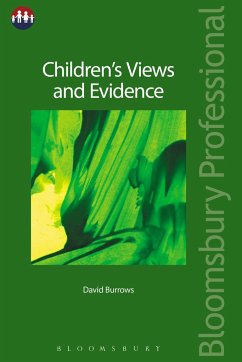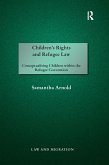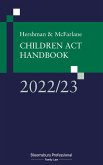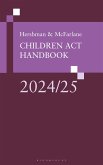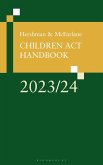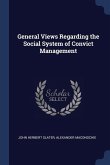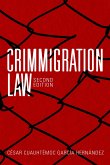Can you hear the child's voice? The Court of Appeal have commented that the family courts are 'still feeling their way forward in order to determine how best to 'hear the voice of a child'. In this new title David Burrows looks at the jurisprudence surrounding this remark, relates it to European and UN Convention rights and looks at the most recent children case law. It concentrates on: Children in court proceedings, particularly in family proceedings Contrasting the way courts hear children's views with the way their evidence is heard Any rights to which a child is entitled (common law; European Convention 1950; UN Conventions; and EU Directives), such as to confidentiality and to take part (or be heard) in proceedings. The meaning and effect of a child's 'understanding' in court proceedings, and the way that term varies according to a child's age and the issue before the court. Legislation and case law covered and analysed includes: Children Act 1989 and applicable Family Procedure Rules 2010 Human Rights Act 1998 and European Convention 1950 Civil Procedure Rules 1998 LASPO Act 2012 Youth Justice and Criminal Evidence Act 1999 Re D (A Child) (International Recognition) - child's right to be heard Re W (A Child)- rules for child representation in hearings P v A Local Authority (Fam) - legal aid and statutory damages Re W (Children) (Abuse: Oral Evidence) - child's evidence R (D (a minor)) v Camberwell Green Youth Court - safeguards in criminal law for children Protocol and Good Practice Model Disclosure of information in cases of alleged child abuse and linked criminal and care directions hearings - October 2013 Achieving Best Evidence: Guidance on interviewing children March 2011
Bitte wählen Sie Ihr Anliegen aus.
Rechnungen
Retourenschein anfordern
Bestellstatus
Storno

